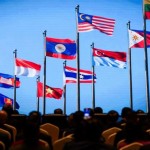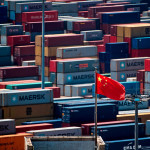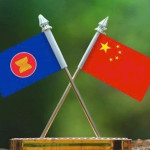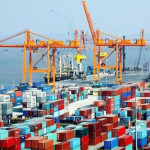Total number of posts 463.
The Vietnam Trade Office in Canada in collaboration with the Canada-ASEAN Business Council and the institute of researching new challenges in economic globalisation (NEME) of Laval University recently organised a seminar to evaluate investment potential in Vietnam and the Association of Southeast Asian Nations (ASEAN) region.
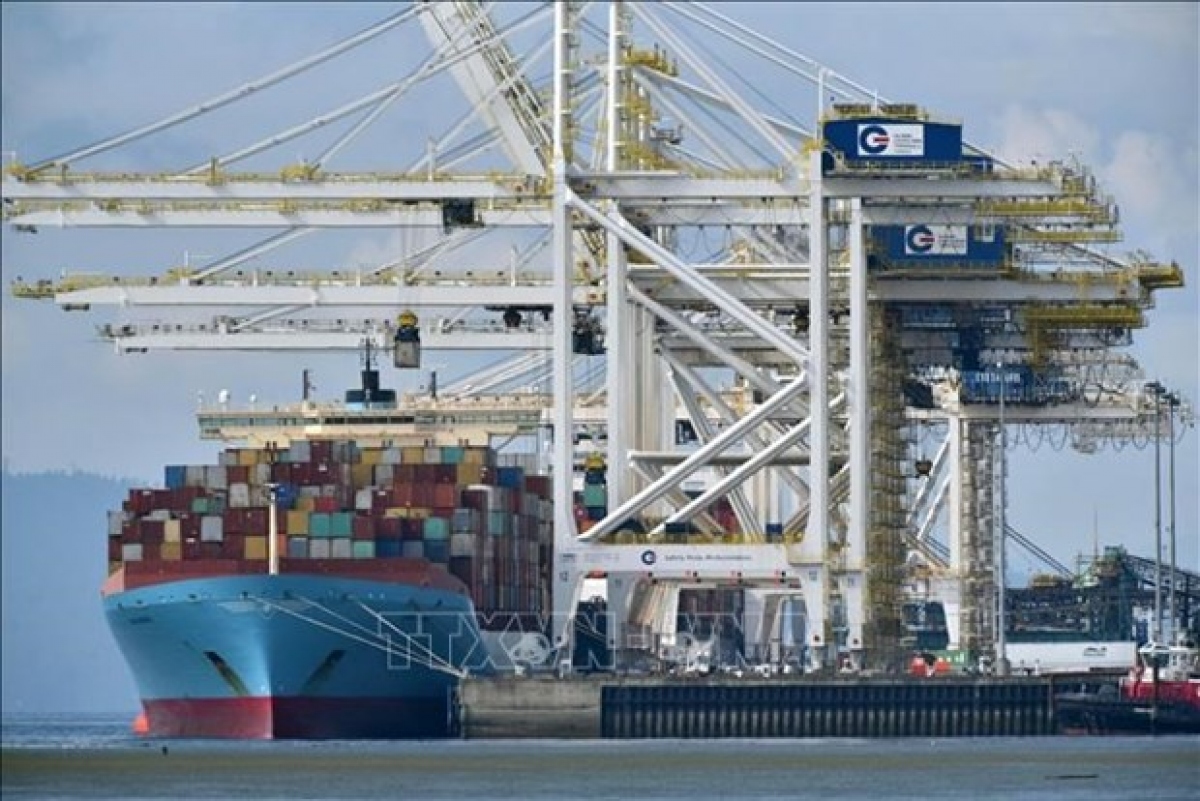
A container port in Tsawwassen, British Columbia, Canada (Photo: AFP/VNA)
Themed "Vietnam, the door to the Indo-Pacific for Quebec businesses", the seminar has attracted the interest of many businesses and entrepreneurs in Canada's province because it is an opportunity to reassess the level of awareness and utilisation of the Comprehensive and Progressive Agreement for Trans-Pacific Partnership Agreement (CPTPP) by Canadian businesses after five years of implementation.
The seminar was also one of a series of events celebrating the 50th founding anniversary of diplomatic relations between Canada and Vietnam and the 30th anniversary of the establishment of the Trade Office in Canada.
The Indo-Pacific region is currently the second largest international export market for Quebec province and is also one of Canada's fastest growing markets in recent years.
In his opening remarks, Director General of the Indo-Pacific Region Gabriel Chartier of the Quebec Ministry of International Relations and Francophonie emphasised Quebec's special cooperative relationship with Vietnam, in which the companies of the province always have a competitive advantage thanks to their closeness in language and culture.
He also said that the Quebec Government always gives priority to Vietnam and considers the Southeast Asian country a new intersection in the global value chain because of its potential in a number of key fields, including renewable energy.
Vietnam is currently Canada's largest trading partner in the ASEAN region and a leading destination for Canadian goods exported to ASEAN, therefore, Vietnam is considered to be a gateway for Canadian companies that want to develop in this region.
ASEAN is considered the fastest growing economic region in the world and will be the world's consumption centre by 2030 thanks to its market size. The bloc is currently the 5th largest economy in the world and is emerging as a new global hub for trade, exchange and innovation.
At the seminar, speakers, who are NEME experts, presented Canada's Indo-Pacific Strategy, which focused on analysing implementation directions to improve the economic links of Canada and Quebec province with this area. They said that scrutinising the overall landscape of economic integration and free trade in the Indo-Pacific has helped businesses form an overall assessment of trade cooperation mechanisms in the region, which can have an effect on their business strategies.








